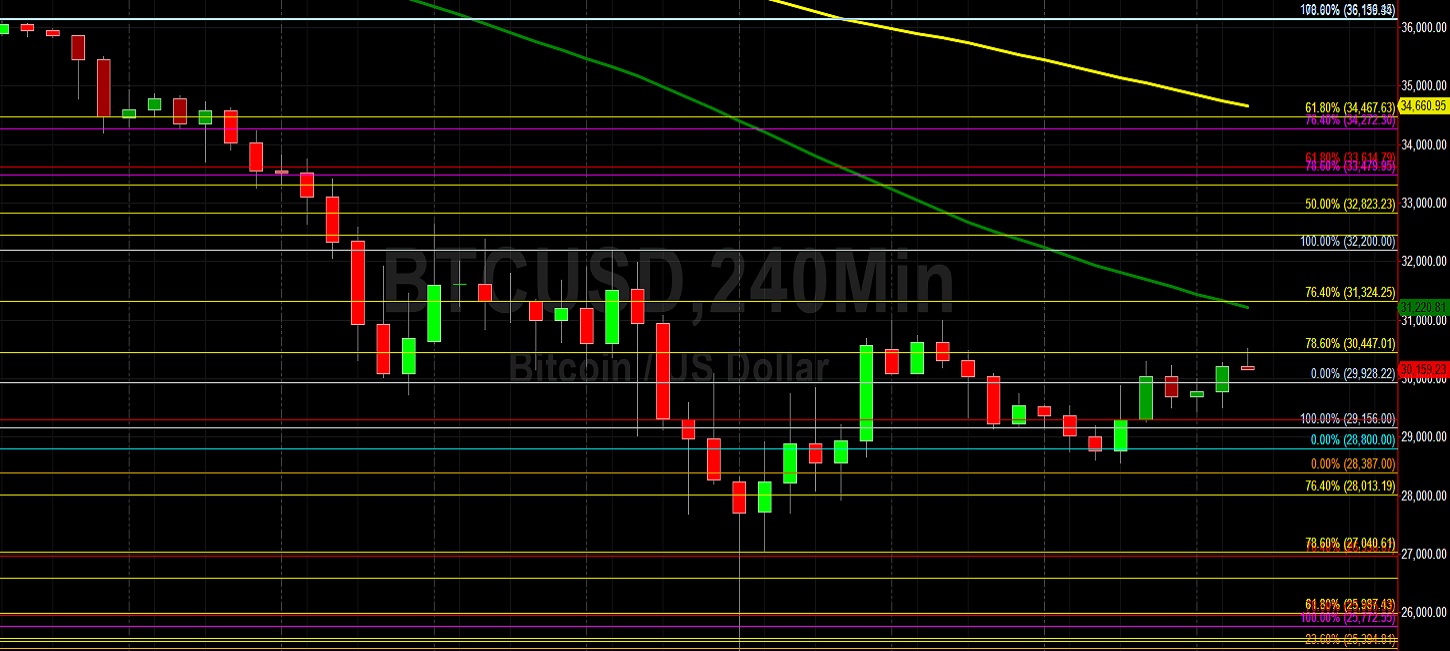Image source: Getty Images
The Nasdaq does not make pretty viewing at the moment. Due to the rout in growth stocks, it has fallen 30% year-to-date. In the past year, it has sunk 14%. This poor performance has been driven by rising inflation, which has also forced the Fed to raise interest rates. This makes it more expensive for companies to borrow, a factor that can stunt growth. However, as a long-term investor, this dip has offered a prime time to pick up shares on the cheap. A great example is SoFi Technologies (NASDAQ: SOFI), a FinTech that went public via a SPAC at the end of 2020.
Trading updates
SoFi started life as a public company in a very positive way. Indeed, the company’s price managed to double within just a month, reaching peaks of over $25 at the start of January. However, this meant that SoFi commanded a price-to-sales ratio of around 30, which was considered far too expensive. Considering the difficult macroeconomic environment, the share price has, therefore, sunk since this moment, currently priced at under $6.
However, its trading updates haven’t shown any signs of problems. In fact, in the most recent quarterly update, net revenues reached $330m, which was a year-on-year increase of 69%. This was far higher than analyst expectations. Furthermore, the company recorded adjusted EBITDA of $9m, which was positive for the seventh straight quarter. Although the firm has not yet reached profitability, this is a sign that it may not be too far away.
The forward guidance was also reassuring. Indeed, full-year 2022 net revenue is expected to reach over $1.5bn, and adjusted EBITDA should exceed $100m. This highlights that, unlike many other growth stocks, SoFi is still able to perform well in the difficult macroeconomic conditions.
The risks
Despite these major positives, there are several concerns that I have about SoFi.
Firstly, the student loan moratorium in the US continues to be extended. As one of SoFi’s divisions revolves around student loans, this continues to have a major impact for the firm. However, I believe this factor has been well priced-in. Indeed, management already expects the moratorium to be extended throughout 2022, and this has seen the firm focusing on other divisions. Accordingly, I hope that the diversification of SoFi will mitigate the impacts of this.
More importantly, I worry about its amount of share-based compensation, which is diluting shareholders’ interests. Indeed, in the first three months of this year, share-based expenses totalled $77m, one of the main reasons for the company’s heavy loss. This is certainly a risk moving forwards.
What am I doing with this growth stock?
At under $6, I believe that SoFi is now an absolute bargain. In fact, the company now has a forward price-to-sales ratio of just over 3, which is historically low. With revenues growing 69% in the first quarter, and no clear signs of slowing growth, this seems far too cheap. At this price, I’ll continue to add this growth stock to my portfolio.
Credit: Source link













